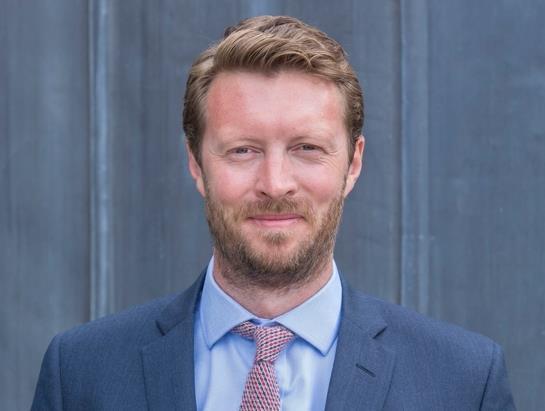Employing older adults improves diversity in business
A new study has shown that 10% of over 70s are choosing to go back to work or delay retirement as a result of the pandemic. This is a trend that could see billions of pounds poured back into the economy.
According to the results from the study called “Back on Track”, by Retirement Villages Group slowing down is the last thing on the minds of older adults with one in three (36%) over 70s saying that they have spent the last 16 months reflecting on their life goals, leading to an increased desire to now make up for lost time in both their personal and professional lives.
Going back to work, whether for financial reasons or in pursuit of a more purposeful and active lifestyle, has become important to many with 7% looking to return to work and 3% wanting to delay retirement.
With skill shortages in mind, Retirement Villages Group has calculated that 10% of over 70s heading back to or staying in work could add as much as £1.8billion to the UK economy each year. Also importantly, as the older generation are overlooked during talent acquisition processes, this promotes a much-needed shift in perspective when it comes to the value and experience older candidates bring to a business.
The study showed that continued employment for the older workforce comes with many personal benefits such as improving financial or mental health. Among those that have or plan to go back to work, over half (52%) agree that the main motive is to boost their finances, while a third would like to alleviate boredom and a 21% would like to continue to contribute to society.
Over one in three (39%) said that seeing more age diversity in the workplace would give them greater confidence to consider working opportunities themselves. Yet, encouragingly, the research also found that one in four (27%) older adults believe the pandemic has led to a more widespread view that older people have valuable life skills that society can benefit from.
Will Bax, CEO of Retirement Villages Group, commented: “Today’s research confirms that older adults have a critical role in ensuring the ongoing diversity and vibrancy of our society and economy. The pandemic has brought this reality into sharp focus, with many people over 70 forced to isolate for prolonged periods, curbing the active, independent and sociable lifestyles they would normally lead and temporarily separating them from communities.
“It’s vital, as we unlock from the pandemic, that we continue to reappraise how we view the great contribution of people over 70 to our culture and economy. Independent, positive ageing matters – not only to the long-term health and wellbeing of individuals, by keeping people out of hospitals and care homes for longer – but also to our society which is enriched by older people playing an active part.
Photo courtesy of Canva.com





